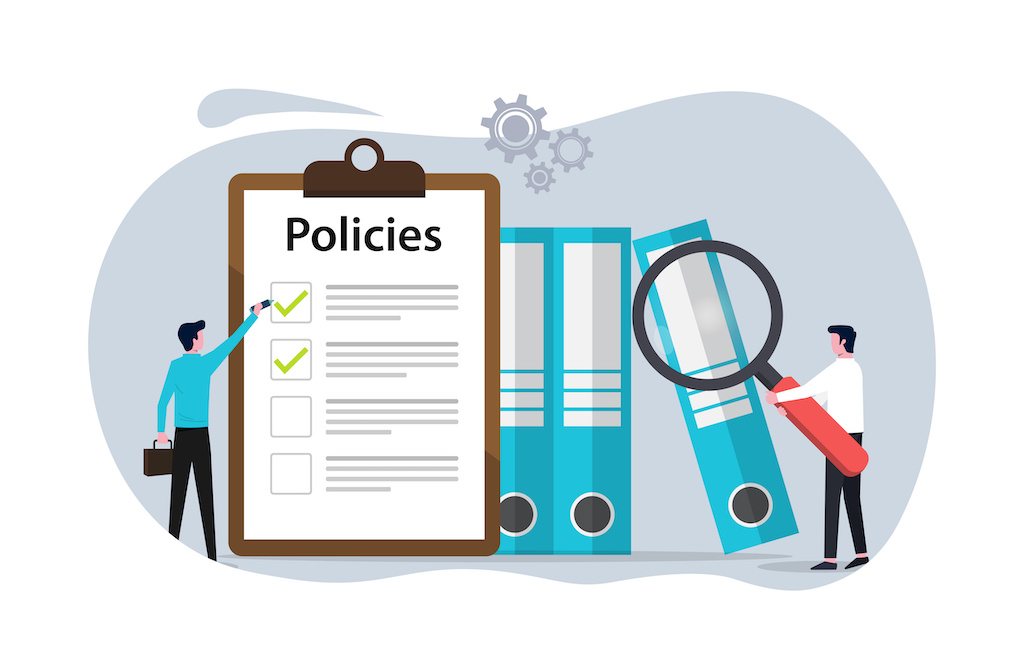
Signs You Have Outgrown Your Bookkeeper
Signs You Have Outgrown Your Bookkeeper
Bookkeepers play a vital role in managing financial records for small businesses. However, as a business undergoes development and growth, its financial needs may surpass the capabilities of a bookkeeper. Depending solely on a bookkeeper may become insufficient during these stages of growth. It becomes imperative for the business’ success to adapt to its evolving financial needs. But how does a business owner know when it is time to make these changes? The key is recognizing the signs that indicate the business has outgrown its existing bookkeeping setup.
Here are four signs your business has outgrown its bookkeeper:
You Are Too Involved in Bookkeeping
Business owners should be focusing on growing their business, not closing their books. An owner that is heavily involved in the day-to-day bookkeeping tasks is a clear indicator that the business may have outgrown its bookkeeper. It is natural for owners to be hands-on in the beginning. However, ongoing heavy involvement can become a bottleneck as the business expands. Business owners are most effective when they focus on strategic decisions, driving growth, and enhancing core business aspects.
Technological Adaptation is Limited
Leveraging advanced accounting software and integrating financial systems with other tools is essential for efficient financial management. A business’ bookkeeper must keep up with these advancements and improve their knowledge continuously. Without this development and knowledge in technology, there is a misalignment with the evolving needs of your business. Ultimately, a clear indicator that you have outgrown your bookkeeper.
Lacking Internal Controls
At times, a business’ ‘bookkeeping department’ includes one person performing multiple tasks. Internal controls are essential for detecting and preventing errors in financial processes. As a business expands, the volume and complexity of financial transactions grows. Without proper internal controls, including segregation of duties, risk of errors in record-keeping, reconciliation, and financial reporting increases. Lacking internal controls may be another sign you have outgrown your bookkeeper.
Your Business is Too Complex
As your business grows, its financial needs often become more complex. This is where strategic planning comes into play. Strategic planning involves forward-thinking, which focuses on forecasting and anticipating future goals. A bookkeeper’s role should evolve with the company. However, if your bookkeeper’s primary focus is on routine tasks and does not actively participate in the planning, this is a clear indicator you have outgrown your bookkeeper.
Recognizing the signs that your business has outgrown its bookkeeper is not an indication of failure. It presents you with an opportunity for strategic enhancement. At Cheryl Jefferson & Associates, we focus on accounting and forward-thinking development for small businesses.
Contributed by Elizabeth Partlow





